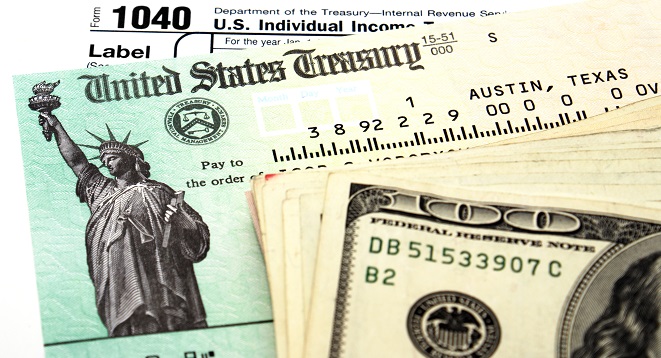Anyone considering filing bankruptcy must decide which “type” of bankruptcy they should file. The different types of bankruptcy are designated by reference to specific “chapters” in the United States Bankruptcy code. For most private individuals with primarily consumer debts, the choice is ordinarily between filing chapter 7 bankruptcy or chapter 13 bankruptcy. Choosing Between Chapter 13 and Chapter 7 Bankruptcy … Read More
Filing Bankruptcy Without Full Disclosure
One of the bedrock requirements of bankruptcy law is that any debtor filing for relief must make a complete and accurate disclosure of their financial affairs at the time of filing bankruptcy. This applies both to information provided on the required schedules and documents filed in a bankruptcy case and to answers to questions asked by the trustee assigned to … Read More
Credit Counseling Needed Before Filing Bankruptcy
In 2005, the United States Congress made significant amendments to the U.S. Bankruptcy Code with a new law called the Bankruptcy Abuse Prevention and Consumer Protection Act (BAPCPA). One of the many changes to the law was the addition of a credit counseling requirement for all persons filing bankruptcy, specifically Chapter 7 bankruptcy or Chapter 13 bankruptcy. The credit counseling … Read More
Filing Bankruptcy with Tax Refunds
One of the biggest challenges facing debtors filing bankruptcy is coming up with the money to pay their filing and attorney fees. After all, if a person’s financial challenges are great enough to consider filing bankruptcy, the household budget is already pretty tight or in serious deficit. Most savings have already been exhausted by potential bankruptcy clients before they even … Read More




